Your cart is empty.
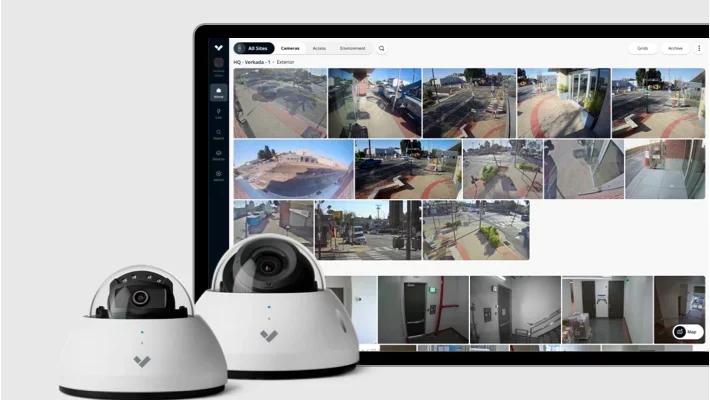
Why Are Security Cameras So Low Quality?
Introduction: Why Are Security Cameras So Low Quality?
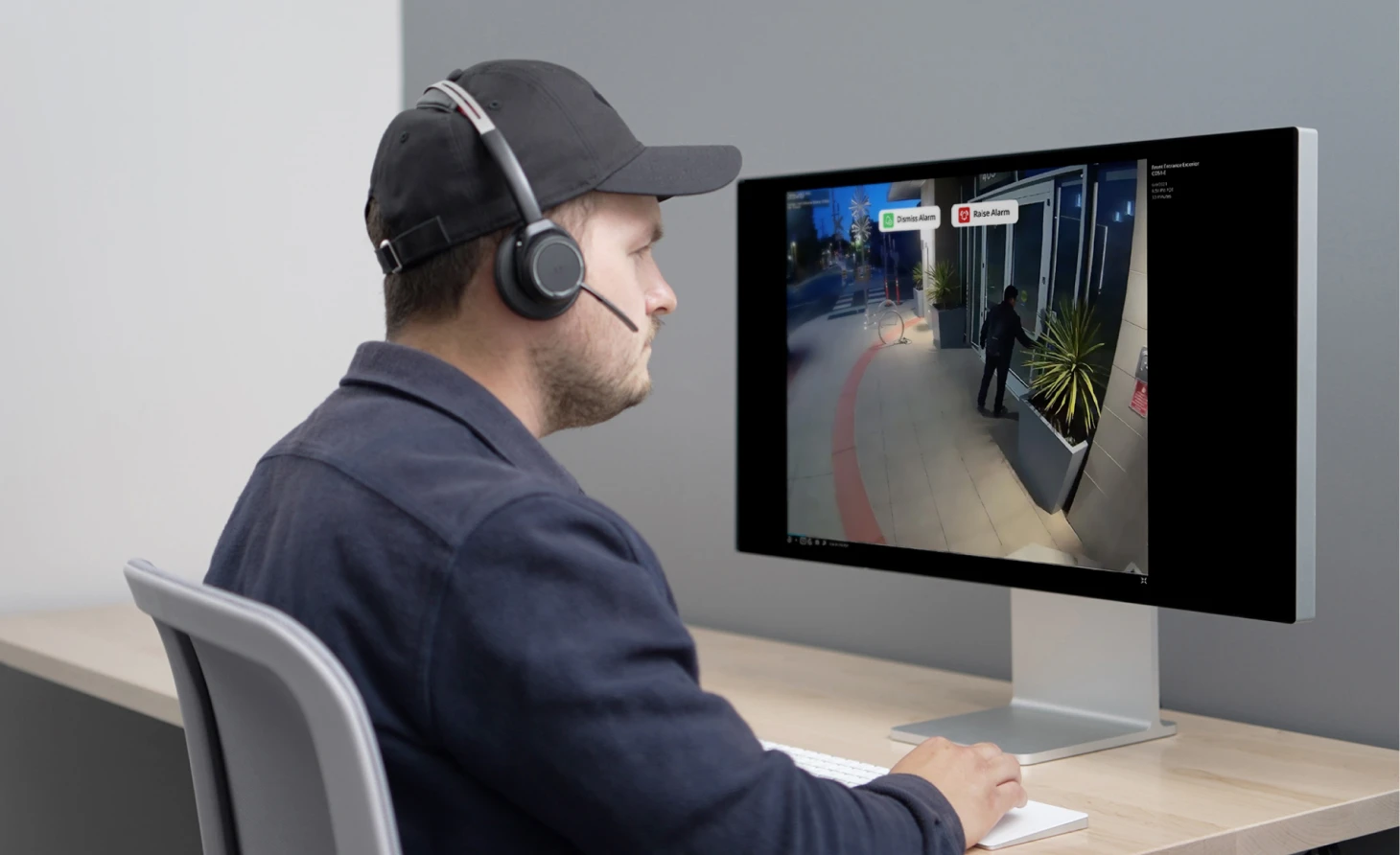
In the realm of security cameras, many business owners face the question: “why are security cameras so low quality?” When choosing a security camera system for your business, it is imperative to understand that camera quality is influenced by a multitude of technical factors. These factors range from the quality of the camera’s components, such as sensors and lenses, to the efficiency of image processing techniques employed. Factors like lighting conditions and video compression also play a pivotal role.
In this article, we’ll review some of the factors that impact video camera quality. Then, we’ll turn to some alternatives to ensure your security cameras are of the best quality.
Why are Security Cameras so Low Quality: Technical Factors
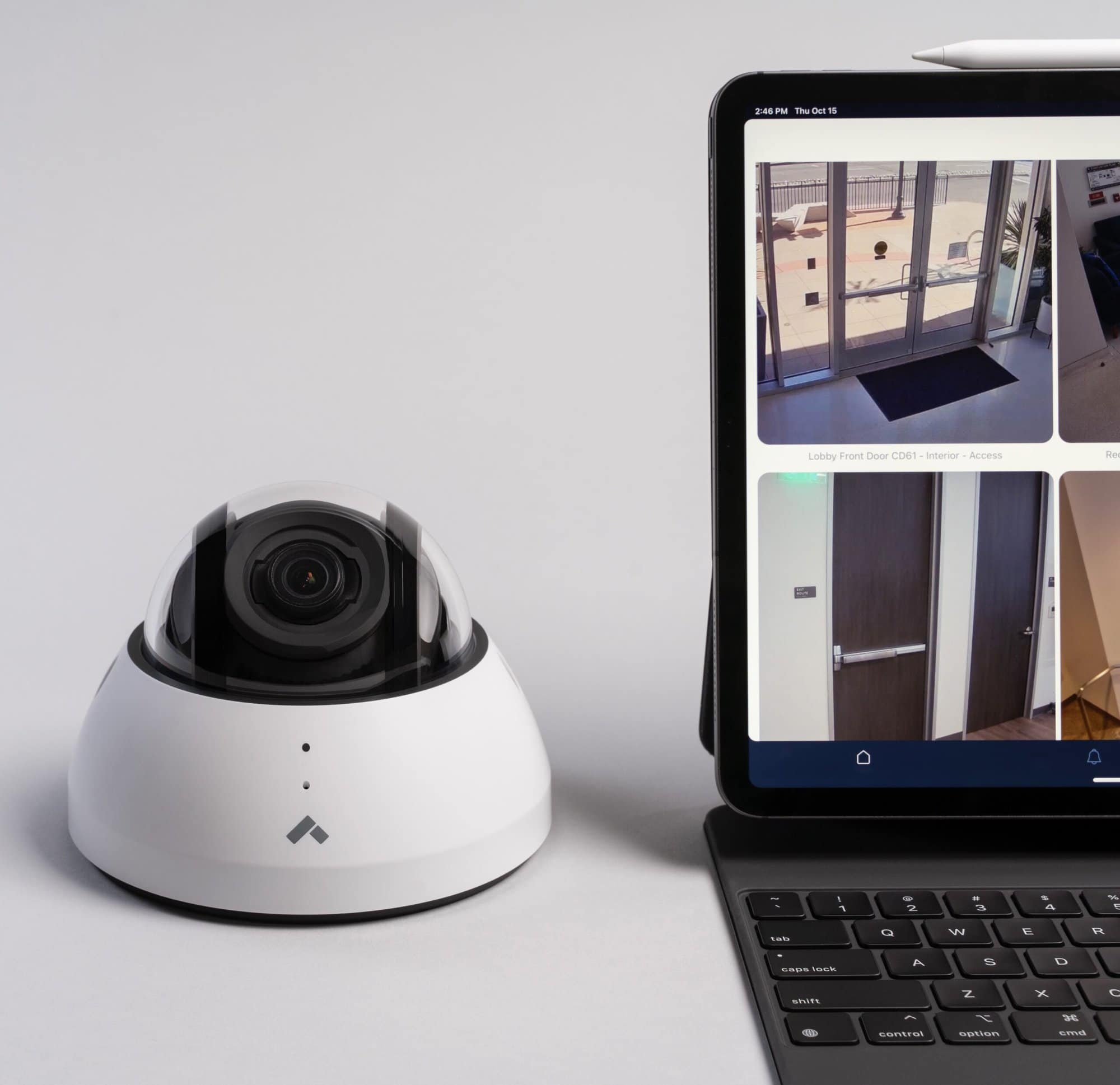
There are a variety of reasons why security cameras are so low quality. Technical factors, for example, impact security camera video quality.
Oftentimes, security camera footage appears to be grainy and of low quality due to the file resolution. Many security cameras have low resolution, meaning that they have few pixels per inch, because they are made cheaply. This is because security cameras are made for bulk collection since most of the footage is non-criminal. Hence, many people simply use the presence of security cameras as a deterrent for crime without care for how the footage appears. Knowing this, many companies opt to create security cameras as cheaply as they can so as to increase their profit.
Sensor size, the bedrock of image capture, also plays a pivotal role. Larger sensors have a greater capacity to capture light, resulting in improved low-light performance and dynamic range. Meanwhile, lens quality stands as another cornerstone, dictating how light is translated into pixels. Furthermore, the interplay of aperture, focal length, and lens coating can dramatically impact image sharpness and distortion reduction.
These technical intricacies, among others, empower cameras to evolve beyond low quality.
Why are Security Cameras so Low Quality: Lighting
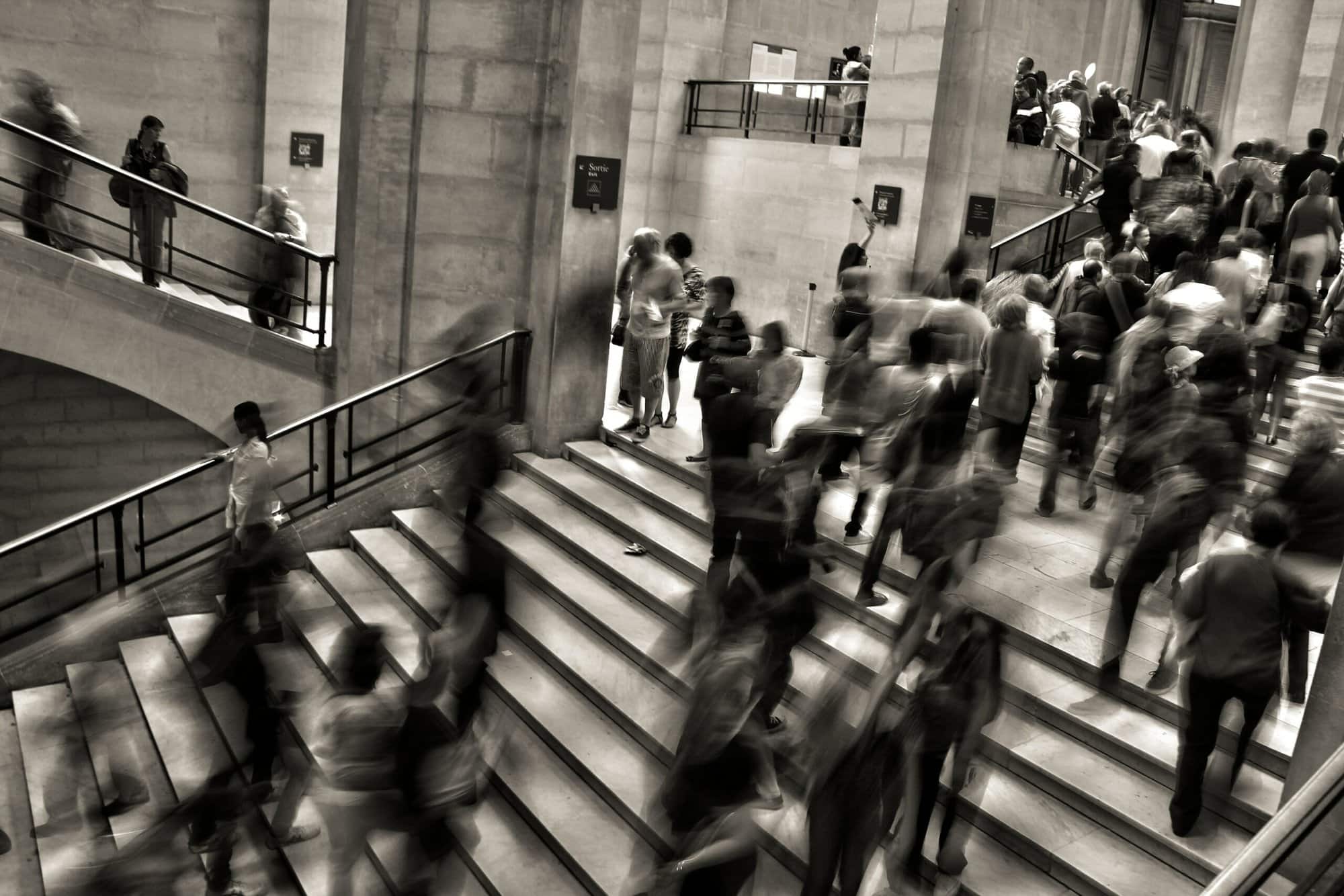
In addition to technical factors, lighting also plays a role in the video quality of security cameras. Inadequate lighting can lead to grainy, unclear images, rendering security cameras seemingly low in quality. Low light situations, common during nighttime or in dimly lit areas, challenge cameras to capture details while minimizing noise.
Glaring sunlight, on the other hand, can wash out images and obscure crucial details. The balance lies in striking a harmony between artificial and natural lighting, bolstered by the sophistication of day/night vision technology. So, the answer to, “why are security cameras so low quality”, involves technical factors, lighting, and other factors.
Why are Security Cameras so Low Quality: Compression

When it comes to the quality of security cameras, the role of compression cannot be overstated. Since all security cameras capture a high volume of footage, the footage is often compressed for storage thereby diminishing the video quality. After all, compression techniques are essential for reducing the size of video files, which aids in efficient storage and transmission.
However, aggressive compression can lead to a loss of image details and clarity, resulting in lower overall quality. The choice of compression algorithms, along with factors like bitrates and frame rates, plays a significant role in determining the quality of the captured footage.
Monarch, in partnership with Verkada, recognizes the intricate balance between compression and maintaining image fidelity, striving to provide high-quality security solutions that ensure optimal performance without compromising on image quality.
Why are Security Cameras so Low Quality: Improvements with Image Processing

Image processing holds the power to transform the murky into the discernible. Noise reduction techniques, for example, can reduce unwanted grain that can plague low-quality footage. Moreover, dynamic range enhancement plays a crucial role by ensuring clear visibility in different lighting conditions, effectively balancing light and shadow.
Thus, image processing algorithms can amplify details that might otherwise go unnoticed, providing sharper edges and crisper contours. From color correction to sharpening edges, image processing technology enhances the footage captured by security cameras.
How do Verkada Security Cameras Capture High Quality Footage?
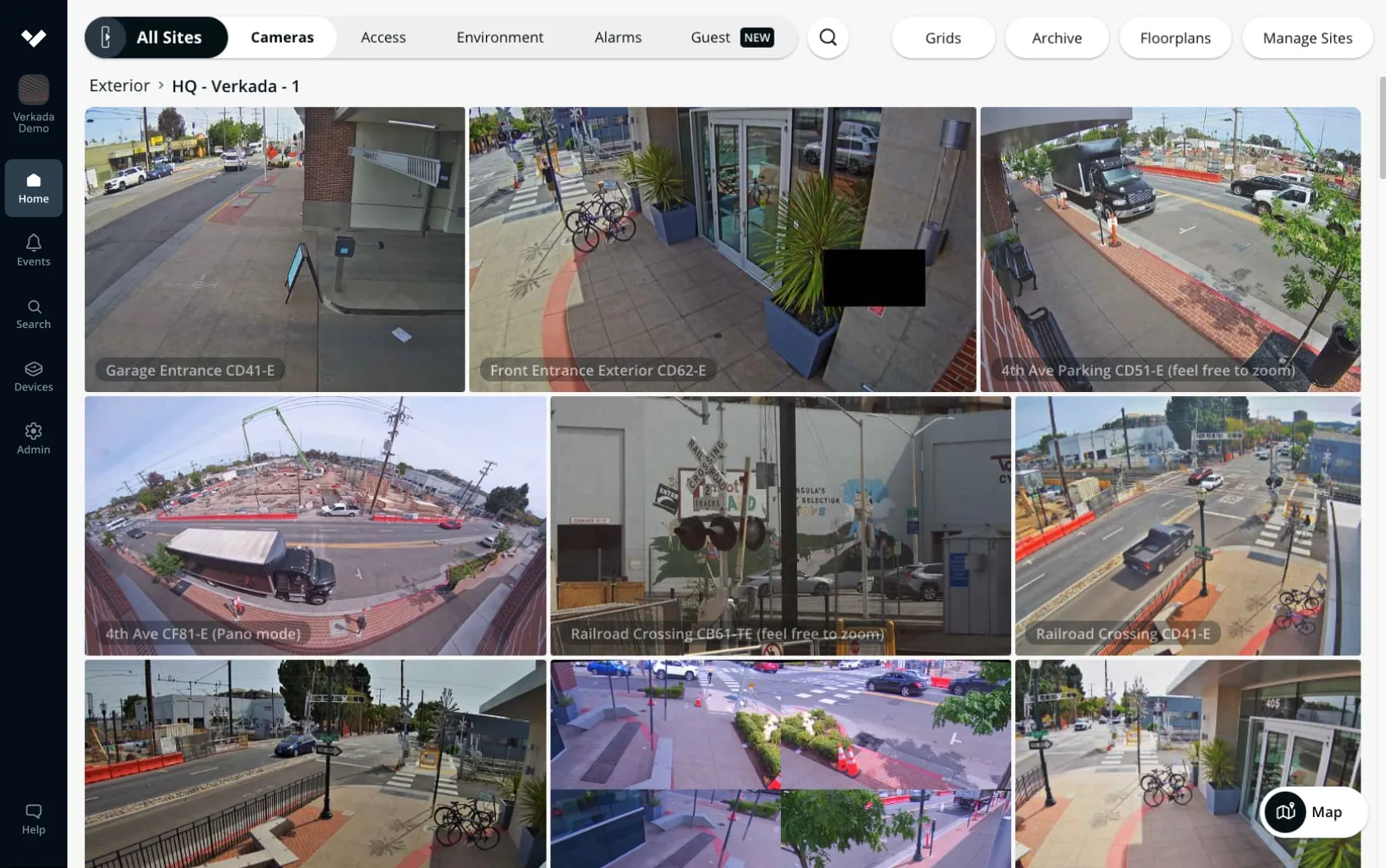
With Verkada cameras, you won’t have to worry about why the security footage is so low quality. In fact, Verkada guarantees high-definition footage with their cameras, offering either 5MP or 4K. But, how is this done?
Verkada’s cameras are capable of concurrently recording video in both a regular quality stream and a high quality stream. The majority of Verkada devices are capable of recording video in standard quality for about 30 days. However, customers have the option of selecting a camera with standard, inbuilt storage capacity of 15, 30, 60, 90, 120, or 365 days. When Verkada cameras detect motion within the area, the footage is also saved in high resolution to the onboard solid state media. During the entirety of the retention period, Verkada ensures that the video’s standard quality is preserved.
The remaining space on the onboard storage is devoted to storing high-quality video and audio recordings (if they are enabled), together with analytic data (if enabled). This enables our customers to achieve their needed retention standards without having to perform any calculations. This approach of video retention is known as recording in adaptive quality.
How Does Verkada’s Adaptive Quality Video Retention Work?
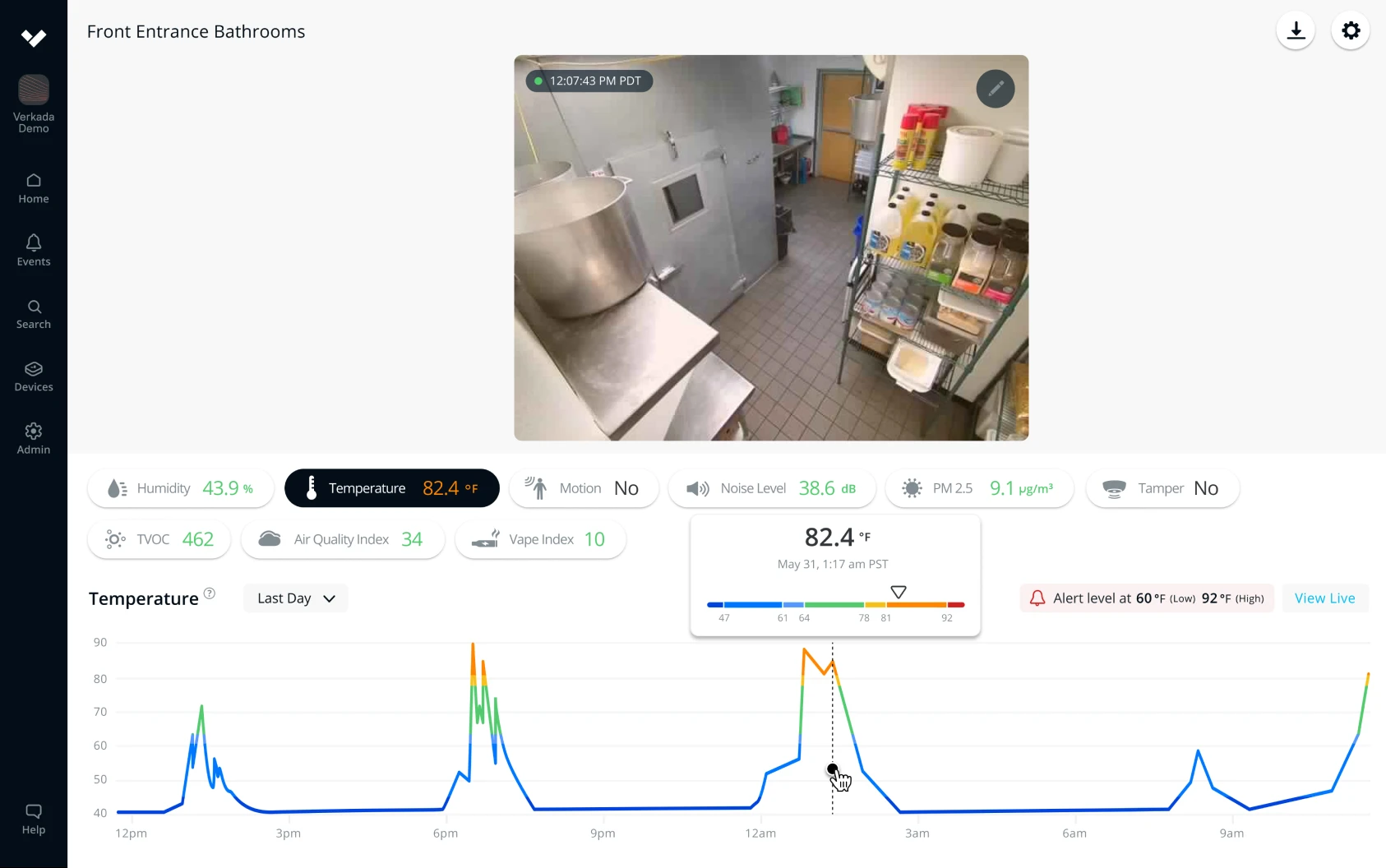
High-quality video requires up to five times the amount of space as standard-quality video. Hence, if the camera is situated in a location with a lot of action, such as a busy entryway, the storage space reserved for high-quality footage may become full. If this occurs, the oldest available high-quality video is cycled out to make room for the most recent motion-based content. In such circumstances, the previous film will only be kept in normal quality, even if it is in high motion. The standard quality video retention is recorded continuously up to the designated retention of 15, 30, 60, 90, 120, or 365 days and is unaffected by motion.
Why Choose Verkada Cameras?
We’ve established that cheaply-made cameras will have poor quality footage. Thus, you’ll want to make sure you’re spending your money wisely. After all, if you’re going to invest in a surveillance system, then you’re not going to want security cameras that are difficult to install, maintain, and use. Nor will you want to pay for features you don’t even use.
Rest assured that Monarch has your back. Verkada cameras stand out from the rest because they provide an advanced, AI-driven security environment.
What To Look For in Security Cameras (4k)
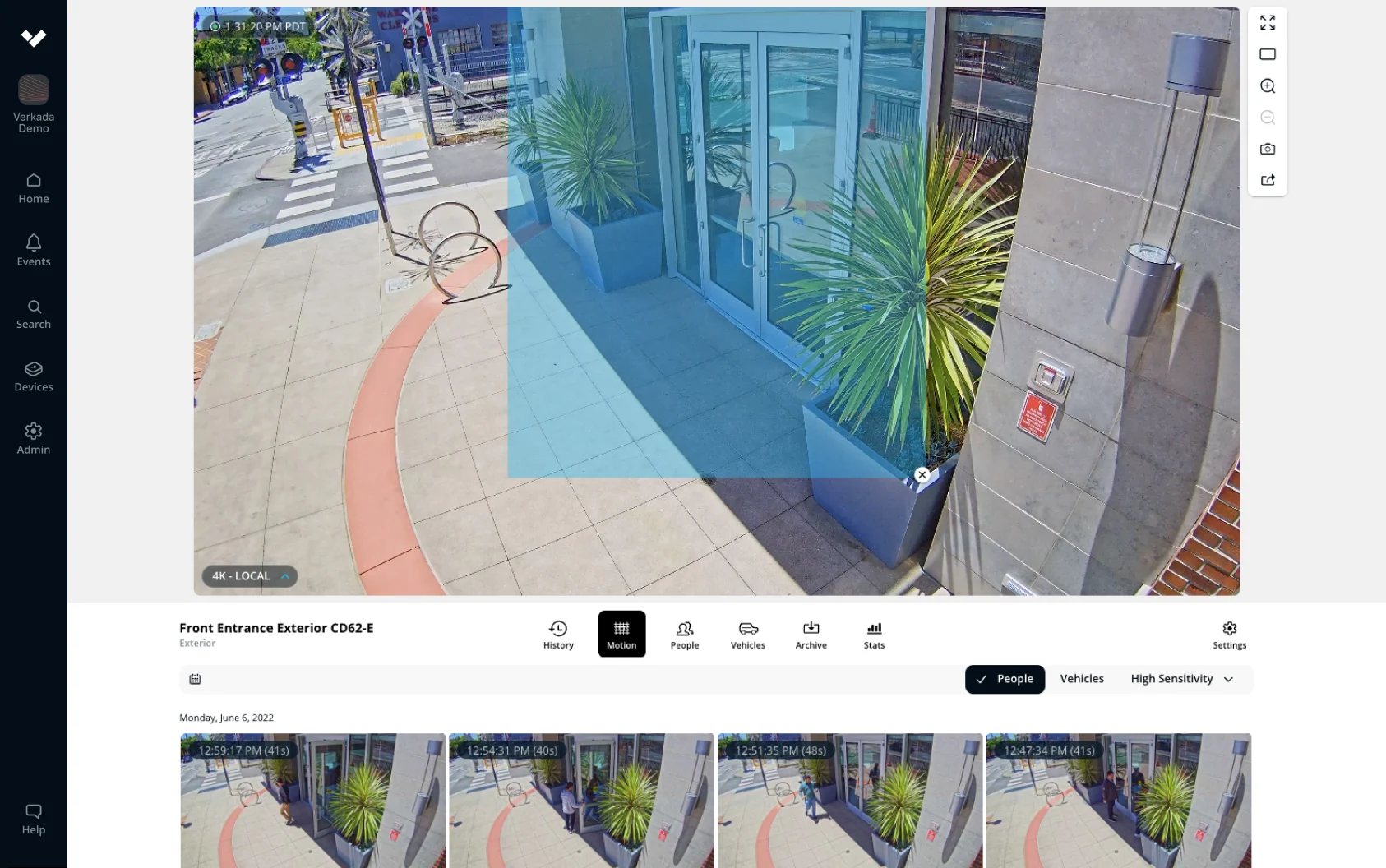
The following are some standard elements that 4k security cameras should have:
High Dynamic Range
High dynamic range (HDR) refers to the difference between the lightest and darkest tones, and it is responsible for adding contrast to visuals. 4K is a video format that produces high dynamic range (HDR) and a broad color gamut, resulting in more vivid and detailed footage.
High Image Resolution
Resolution refers to the amount of pixels in an image. The Ultra-High Definition (UHD) standard specifies a display resolution of 4K at 3840 x 2160 pixels (UHD or Ultra HD).
Infrared (IR) Filter
True day/night cameras have switchable IR-cut filters. They have IR illuminators and can see in both dark and bright surroundings.
Optical vs digital zoom
While both produce closeups, cameras with optical zoom capability generate higher quality photographs than cameras with solely digital zoom. Optical zoom is accomplished through the camera lens, whereas digital zoom is accomplished post-capture via the system’s software.
Optical zoom
When compared to digital cameras, 4K cameras with optical zoom provide higher-quality closeups. Through lens adjustment, users of optical zoom can see their subject more closely.
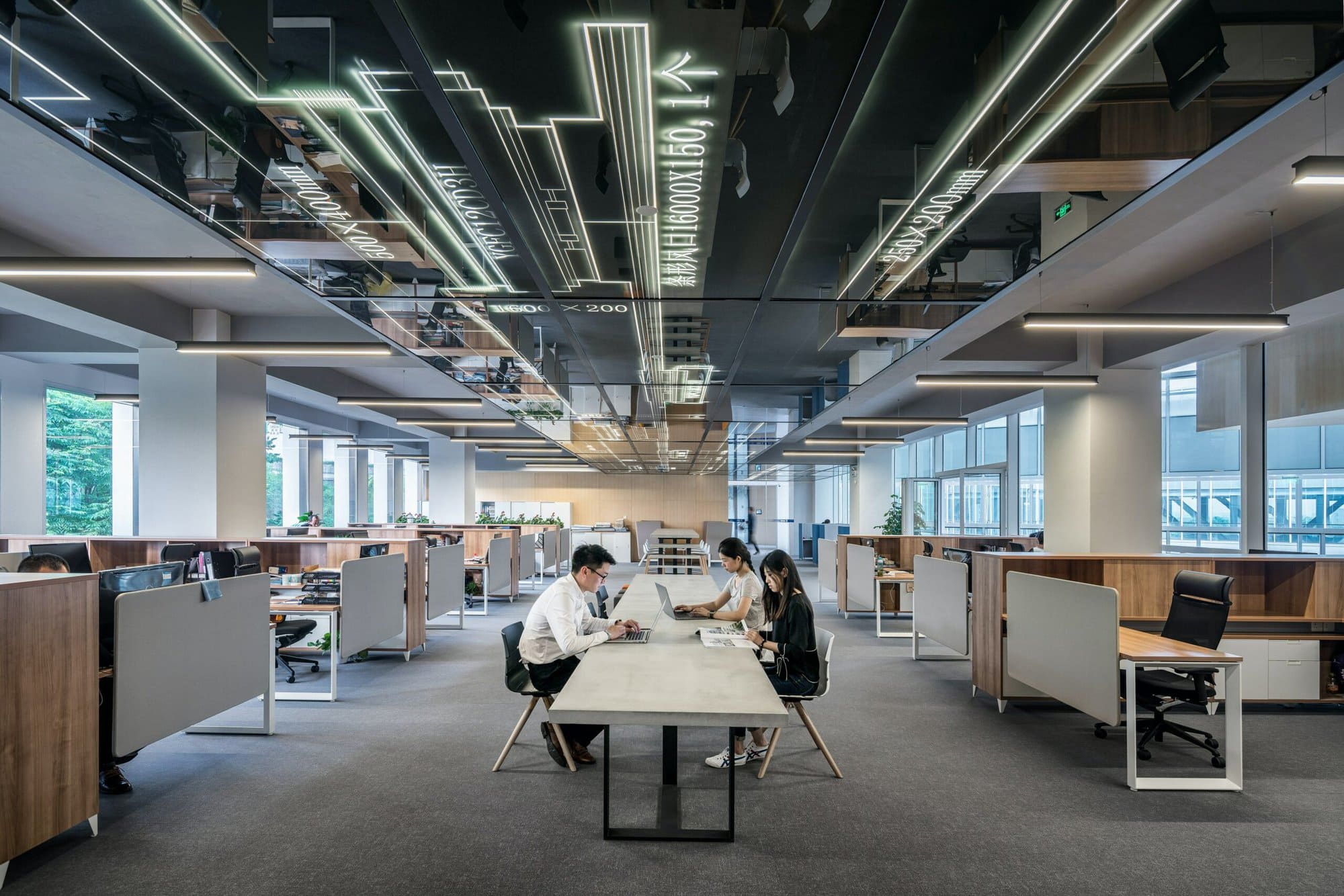
Digital zoom
4K cameras with digital zoom modify the image using in-camera or software image processing. Users can get a closer look with digital zoom by enlarging the image at a specific area and cropping the footage’s outer edges.
Camera Lens
The camera lens parameters have a direct bearing on the quality of the film shot. The following are some important terms and definitions to be aware of while assessing security camera lenses.
Focal Length
The focal length of a security camera is measured in millimeters (mm) and defines how far the camera can view. The longer the focal length, the further away the camera can focus. The greater the focal length, the greater the field of view.
Field of View (FOV)
The FOV of a security camera is the region that the lens observes (measured in width). A lens with a shorter focal length (2.8mm) captures a broader field of view than a lens with a longer focal length.
Creating A Verkada Security System
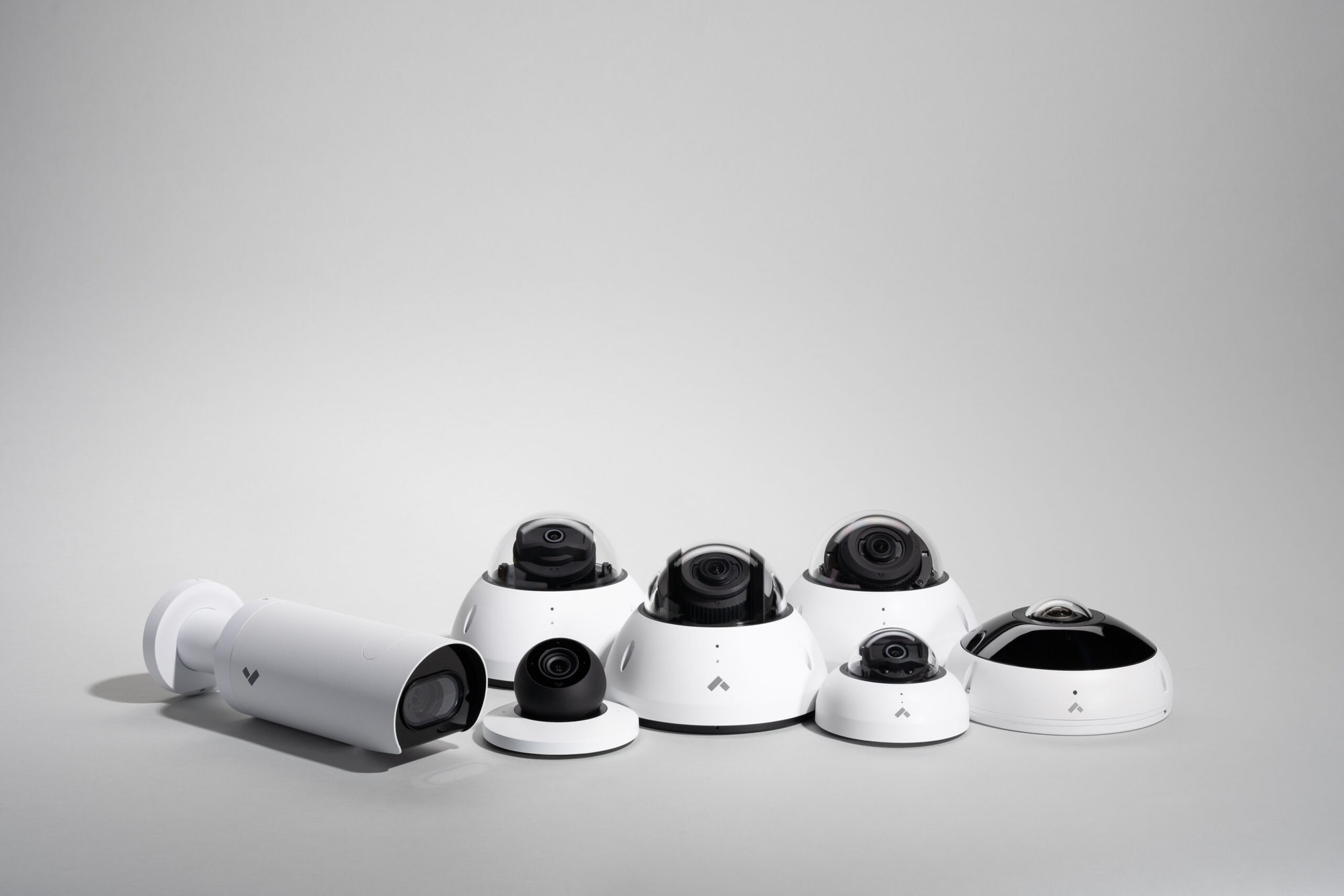
Verkada’s security systems stand out from traditional security systems because they are user-friendly, scalable, and flexible. With Verkada’s cameras, you won’t have to wonder: “why are security cameras so low quality?”
User-Friendly
- Solid-state Storage (SSD): No NVR, DVR, or server needed!
- Simple Plug-and-Play Install: Only a Ethernet cable is required for cables to be brought online and fully operational within minutes
- Regular, Automatic Software Updates: Reduces extra overhead operations
- Time lapse: No need to waste time on scrubbing through footage!
- Floor Plan: Gain a comprehensive understanding of what is occurring throughout your facility
- Remote Access 24/7: From anywhere with an Internet connection, at any time, with any device
Limitlessly Smart
- AI-Based Video Analytics: Face detection, license plate detection, and more!
- Smart Filters
- Live Alerts: Receive alerts in meaningful incidents.
- Shareable Live Feeds: Share via SMS to first responders and others.
- 10-Year Warranty
Scalable
- Unlimited Storage on Camera and Cloud: Unlimited archiving with Verkada’s cameras
- Unlimited Users Allowed: Easily authorize admins access to any number of users
- Infinitely Scalable
Conclusion: Why are Security Cameras so Low Quality?
In conclusion, the quality of security cameras is influenced by a multitude of technical factors, from sensor sizes and lens quality to image processing techniques and compression methods. While it’s understandable to question the quality of some security cameras, it’s essential to recognize that advancements in technology and innovative solutions are continually working to improve these limitations.
By understanding these factors and making informed decisions, businesses and individuals can select security cameras that align with their specific needs and requirements. As a trusted provider of Verkada products, Monarch is committed to offering high-quality security solutions that cater to various applications and ensure enhanced surveillance capabilities. Elevate your security measures by exploring the options available and making informed choices for your safety and protection.
Updated: Aug 16

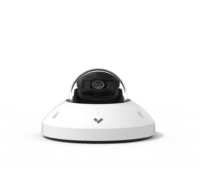
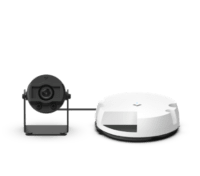
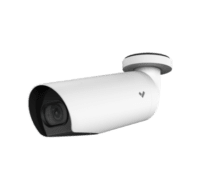
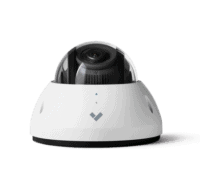
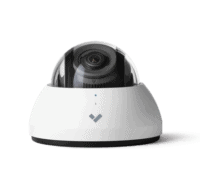
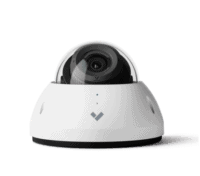
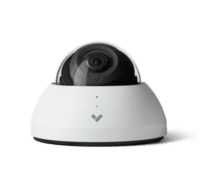


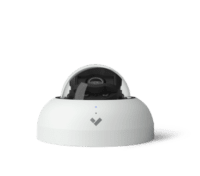
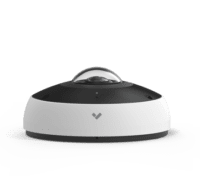
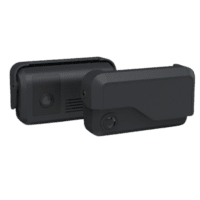
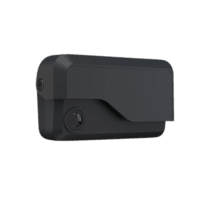
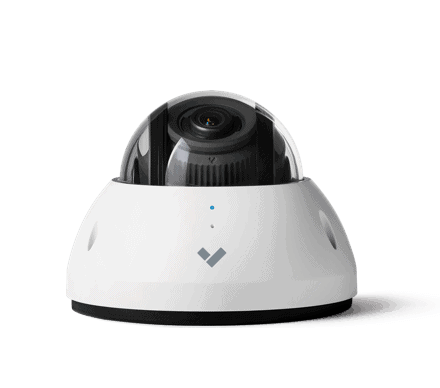 Jon Jones
Jon Jones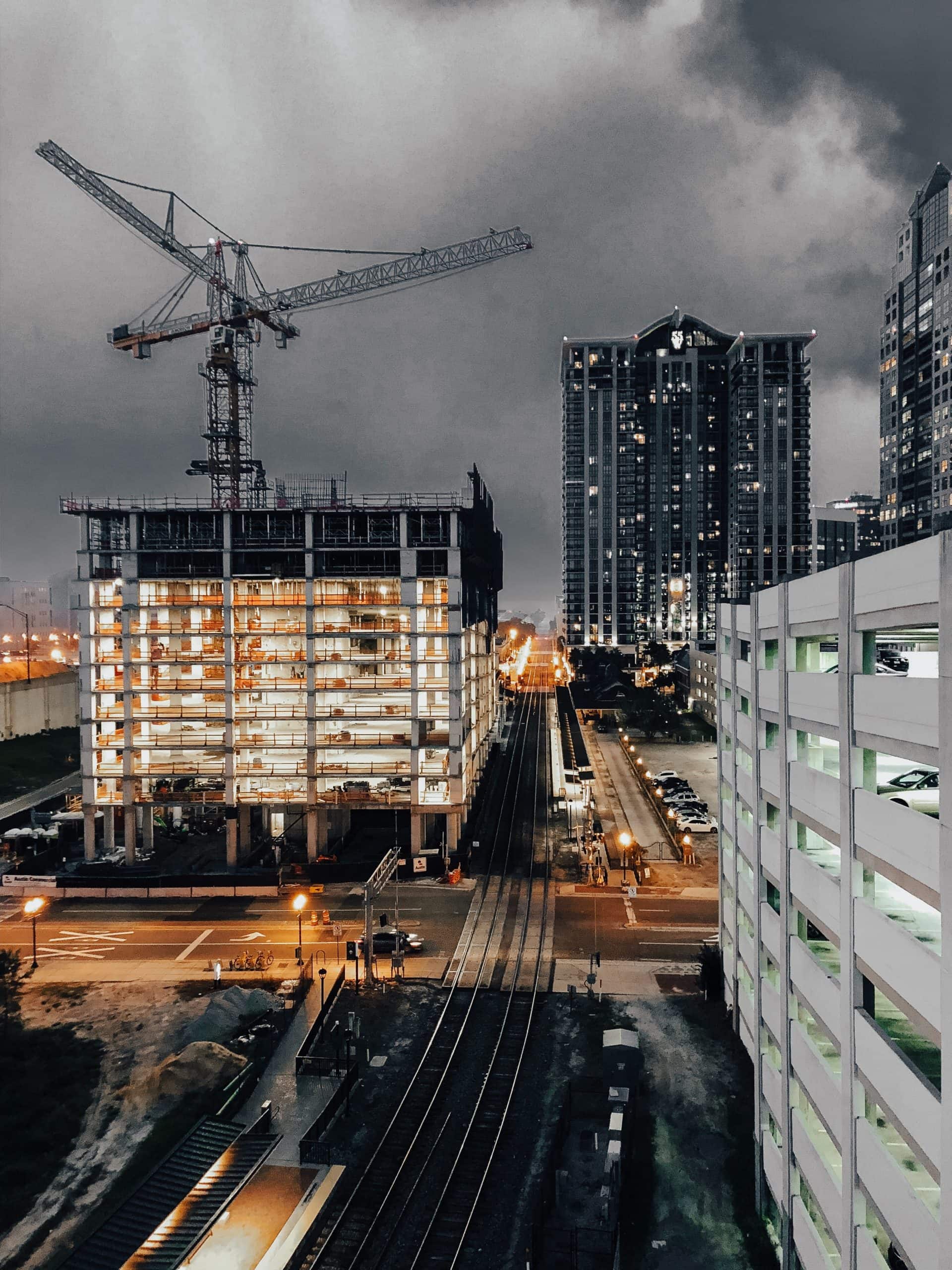
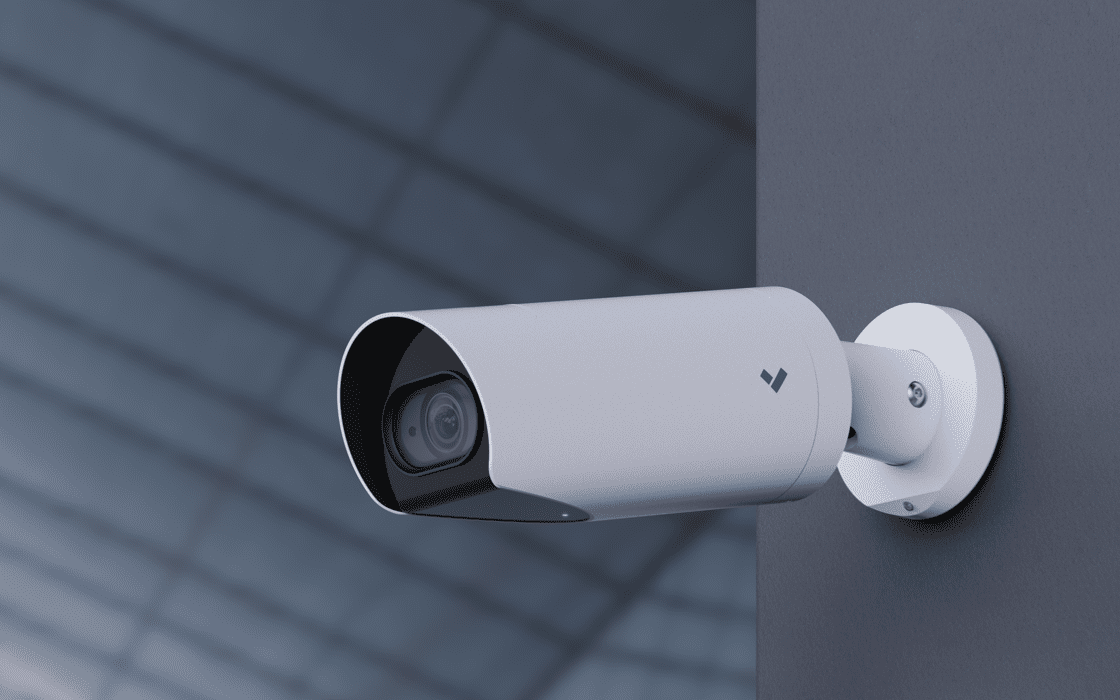
 Courtney Durler
Courtney Durler
